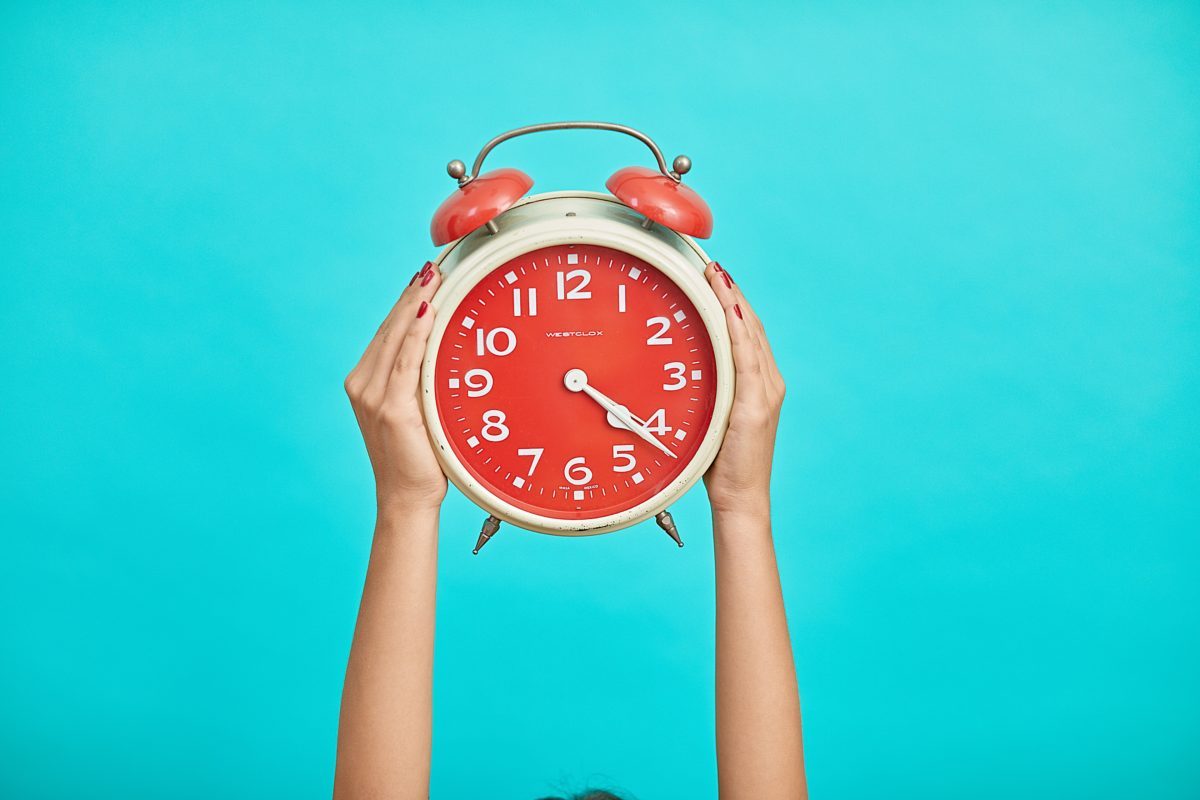Struggling To Get A Good Night’s Sleep? You’re Not Alone!

Photo by Malvestida Magazine on Unsplash
It turns out, aging doesn’t just impact your looks. Aging also impacts the ability of the circadian clock (your body’s natural sleep/wake cycle) to re-set itself when exposed to light. Yes – that means your cell phones, tablets, TVs and computers.
Why You Need A Good Night’s Sleep
According to the Centers for Disease Control and Prevention (CDC), 35% of United States adults do not get enough sleep, which can lead to increased risks of developing a number of diseases and conditions. About one in three (an estimated 83 million) U.S. adults reported usually sleeping less than 7 hours in a 24-hour period.
Your body needs sleep in order to perform to its best ability. Studies have shown healthy sleeping patterns can help promote a good memory, may curve inflammation, spur creativity, improve performance and energy, sharpen focus and attention, a healthy weight, and a decrease in stress.
The Sleep Study
Researchers led by a University of Kent neurophysiologist, found that aging results in a significant reduction in sensitivity to light in the part of the brain that controls circadian rhythms, known as the suprachiasmatic nucleus (SCN). This breakthrough could help target treatments that aim to improve both physiological and behavioral circadian clock ‘re-setting’ in older people.
Dr. Gurpril Lall, of the University’s Medway School of Pharmacy, and the other members of the research team explored alterations in one of the pathways in the part of the brain controlling circadian rhythms. They found that a glutamate receptor, which is used to transmit light information, became less effective in resetting the circadian clock as part of the aging process.
Another review published in the journal Neuron found that aging adults may also be losing their ability to produce deep, restorative sleep. According to the review, “As the brain ages, neurons and circuits in the areas that regulate sleep slowly degrade, resulting in a decreased amount of non-REM sleep. Since non-REM deep sleep plays a key roles in maintaining memory and cognition, that’s a major issue.”
When You Have Trouble Sleeping
The CDC recommends some tips on how to improve your sleep health – be consistent with what time you go to sleep, avoid large meals, tobacco and caffeine and get some exercise before bed. Another important aspect is to remove electronic devices or turn them off at least an hour before you go to bed as the blue light they emit can trick your brain into thinking it is still daytime.
Dr. Millie Lytle, ND, CNS, suggests other natural insomnia remedies that may be just what you need to begin getting the sleep you deserve[2]:
- Melatonin helps to regulate the body’s circadian rhythms, your body’s 24-hour clock which regulates your sleep/wake cycle.
- Valerian Root has been used as asedative and anti-anxiety treatment for more than 2,000 years. Extracts of the roots of Valerian are also widely used for inducing sleep and improving sleep quality.
- California Poppy (Eschscholzia Californica) is one of the only safe and available sources of opiates. This herb works as a painkiller and helps to include sleep.
- L-Theanine, an extract from green tea, can be taken day or night for anxiety, panic and to calm down worrisome thoughts by increasing blissful alpha-waves in the brain, before bed or the middle of the night.